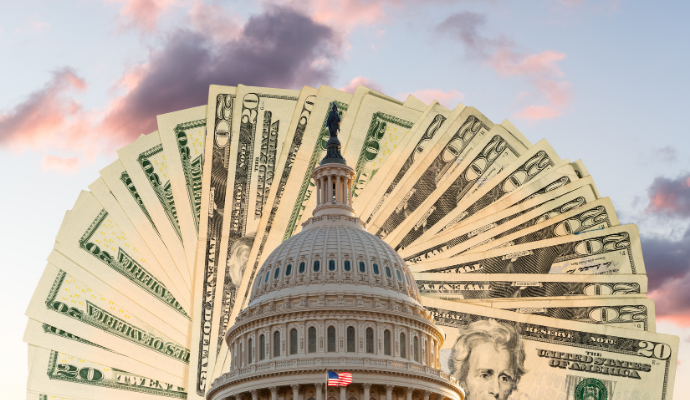Pharma Companies Challenge Federal Plans to Lower Drug Pricing
In a letter to Congress, pharmaceutical companies challenge government price “negotiation” and suggest bipartisan solutions to lower drug pricing and patients out of pocket costs.

Source: Getty Images
- PhRMA member companies encourage Congress to abandon old partisan ideas on drug pricing and pursue policies that address patients out of pocket costs, according to a new official letter.
The companies supporting the letter include Eli Lilly and Company, Takeda Pharmaceuticals, Novartis, AbbVie, Amgen, AstraZeneca, Bayer, Biogen, Bristol Myers Squibb, Gilead, Merck, Pfizer, and Sanofi.
Government price “negotiation” gives the government the power to set the price of medicine and decide what medicines a patient is able to get. This type of price negotiation is the “wrong approach to fix the healthcare system,” the companies stressed in the letter.
Under this approach, middlemen are not held accountable for pocketing savings from companies that should go to patients to lower their drug costs. Research and development of new treatments are also slow, and individuals have less access to medicines once they come to market.
“We were prepared to meet the challenges because the United States has nurtured a robust research and development ecosystem that is the envy of the world. Unfortunately, our ability to remain global leaders in innovation and patient care is under attack,” the letter stated.
Over the next few years, Congress will consider policies that would threaten patients’ access to medicines and sacrifice future medical advances.
One of the proposals would cut $1.5 trillion from innovative research companies over the next decade, the companies explained. This cut will threaten investments in biotech start-ups and force more established companies to make challenging decisions about what promising drugs or therapeutics to pursue or abandon.
“We agree with leaders in Washington that Americans need help with their healthcare costs, but these dangerous policy experiments are not the answer,” the companies said.
“Let’s work together to advance bipartisan solutions that lower out of pocket costs for patients at the pharmacy counter without sacrificing future treatments and cures or American leadership in the scientific industry,” they concluded.
Last week, HHS Secretary Xavier Becerra released a comprehensive plan to lower prescription drug prices. One policy in the plan will allow Becerra to negotiate Medicare Part B and Part D drug prices directly with pharmaceutical companies and make those prices available to other purchasers.
Overall, the plan will boost patients’ access and adherence to treatments by lowering drug costs through increased competition throughout the healthcare system.
But PhRMA president and CEO Stephen J. Ubl issued an official statement explaining that he believes the plan is not serious in addressing what patients pay out of pocket for prescription drugs.
According to Ubl, the White House is trying to make it more difficult for the pharmaceutical industry to continue the fight against COVID-19 and plan for future health crises.
